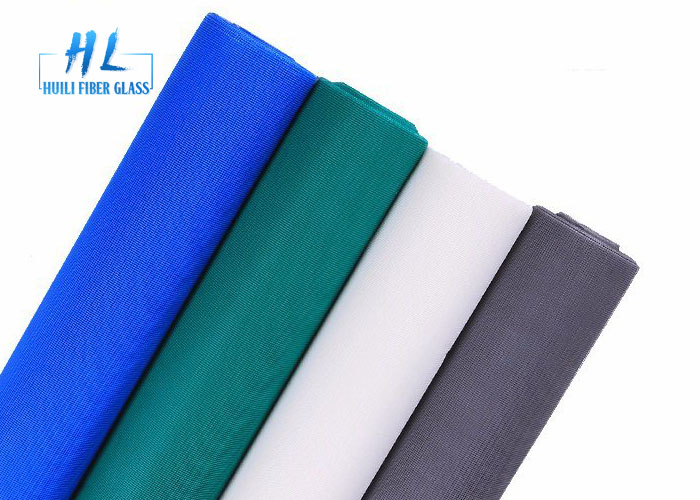Choosing the right window screen material involves considering factors such as the level of visibility, airflow, durability, and the specific needs of your location. Here are key considerations to help you make an informed decision:
Material Types:
Fiberglass: Common and cost-effective, fiberglass screens are durable and resistant to corrosion. They provide good visibility and airflow. Fiberglass is suitable for most climates but may not be the best choice in areas with extreme weather conditions.
Aluminum: Aluminum screens are lightweight, durable, and resistant to corrosion. They offer good visibility and airflow. Aluminum screens are suitable for coastal areas where salt exposure is a concern.
Stainless Steel: Stainless steel screens are highly durable and resistant to corrosion, making them suitable for coastal regions. They provide excellent visibility but may be pricier than other options.
Mesh Size:
The mesh size determines the number of openings per square inch. Smaller mesh sizes provide better insect protection, while larger mesh sizes offer improved visibility. Common mesh sizes are around 18×14 or 18×16, indicating the number of openings per linear inch in each direction.
Mesh Thickness:
Thicker meshes are more durable but may reduce visibility and airflow. Thinner meshes are suitable for areas with minimal wear and tear.
Coating or Finish:
Some screens come with special coatings or finishes to enhance durability and performance. For example, vinyl-coated screens provide additional resistance to weathering and wear.
Color:
Choose a color that complements your window frames and aesthetics. Darker colors may provide better visibility, while lighter colors may blend in with the window frame.
UV Resistance:
Consider the level of UV resistance, especially if your windows receive a lot of sunlight. UV-resistant screens can withstand prolonged sun exposure without deteriorating.
Ventilation:
If airflow is a priority, choose a screen material with a more open weave. This is particularly important in areas with hot climates where proper ventilation is essential.
Pest Resistance:
If your primary concern is keeping insects out, opt for a screen with a fine mesh size that prevents smaller insects from entering.
Maintenance:
Consider the maintenance requirements of the screen material. Some materials are easy to clean, while others may require more effort.
Budget:
Different screen materials come with varying price points. Consider your budget and balance it with the desired features and longevity of the screen.
Local Climate:
Consider the climate of your location. If you live in an area with harsh weather conditions, such as high winds or heavy rains, choose a screen material that can withstand these challenges.
Installation Method:
Different screen materials may require specific installation methods. Ensure that the material you choose aligns with the installation requirements and your skill level.
By considering these factors, you can choose a window screen material that meets your specific needs and provides a balance between visibility, airflow, durability, and aesthetics.


